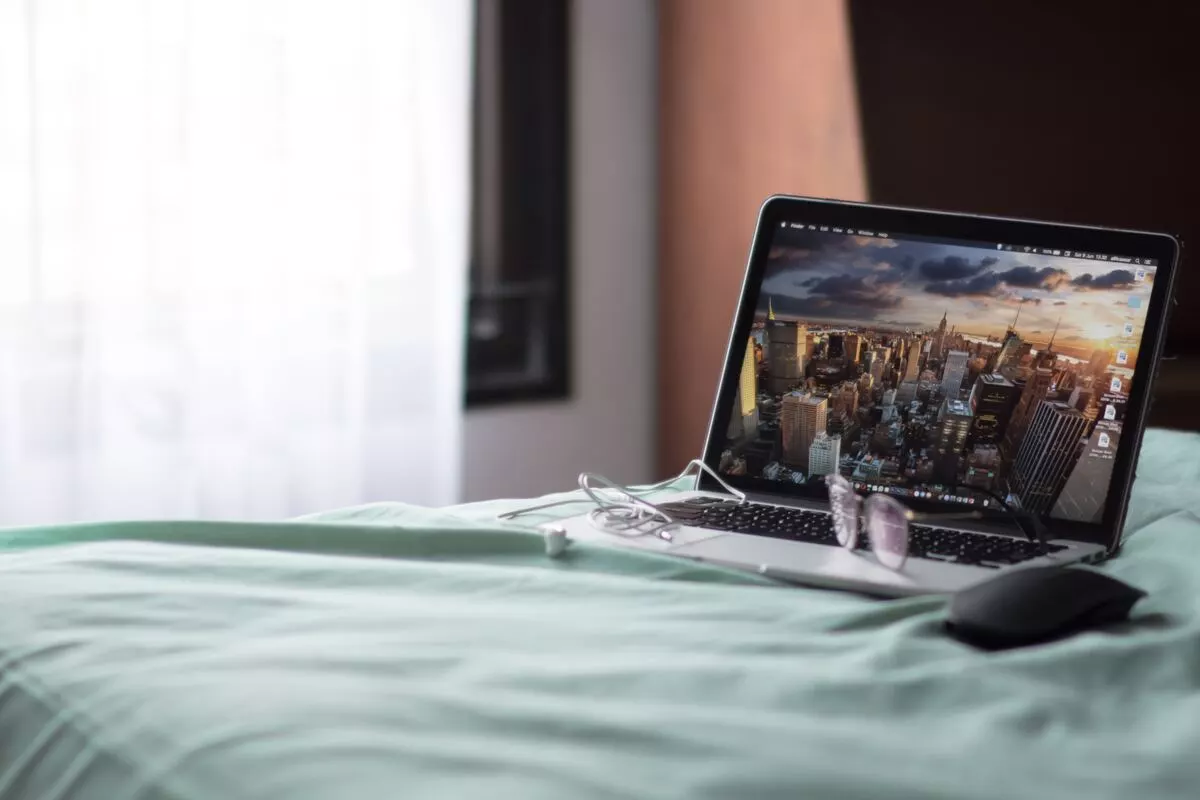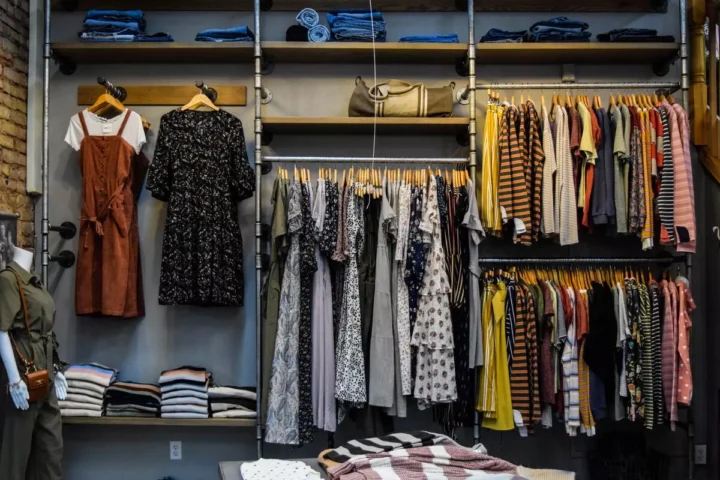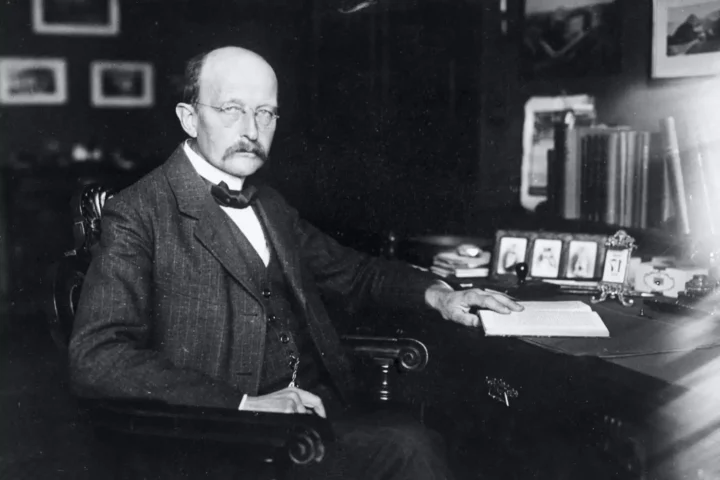Some time ago, the topic of detoxing from gadgets was at the peak of discussion. It even became fashionable and many people began to practice giving up gadgets for a while. But over time, the topic was forgotten and somehow faded away, although gadgets in our lives have not decreased, and the time we spend behind the screens continues to grow. All this pushes us even more into dependence on screens, and the constant connection with gadgets often leads to various physical and psychological problems, such as headaches, insomnia, anxiety and depression. It is these problems that made me return to the topic of digital detox again and recall its importance.
It has been proven that limiting the use of gadgets for a certain period of time really helps to restore physical and mental health, increase concentration and productivity, and improve relationships with family and friends. And at a time when tech companies are vying for the time you’ll spend with them, whether it’s Instagram, Facebook, Twitter or The Monkey Times, you must resist the temptations and push your limits when you can take a break from social media, email, games, movies and other services.
Digital Celebrity Detox
In confirmation of the fact that the topic has been slightly forgotten and unfairly left the agenda, I propose to plunge into history for several years and remember what famous people said about their digital detoxification:
- Bill Gates. The founder of Microsoft has repeatedly mentioned his periods of detox from technology in various interviews and speeches. For example, in an interview with the Financial Times in 2018, he said he removes social media apps from his phone to reduce notifications. He refuses any contact with electronics, including phones, computers and even TVs. This allows him to enjoy the simple pleasures of life and feel connected to nature.
- Elon Musk. In previous interviews, notably with The New York Times in 2018 and in an interview with Rolling Stone in 2017, he talked about his limitations in using his phone and social networks, and even went to remote islands where there is no connection and Internet. It was later that he bought Twitter and went from a digital detox advocate to literally a spammer. And this is his job, his contribution to Twitter’s fight for screen time. And this also needs to be understood.
- Ariana Huffington. The founder of The Huffington Post, Ariana Huffington, in her book ‘Sleep as the New Status Symbol’, describes how she decided to forego mobile devices in the bedroom in order to improve her sleep. She noticed that not only did it help her sleep better, but it also increased her emotional stability and efficiency at work.
- Tim Cook. The CEO of Apple, also back in 2013 and 2014 for The New York Times and Fast Company, stated that he spends a day without technology every week. He disconnects from his devices and spends time in nature or exercising. He says it helps him stay balanced and productive. We don’t know if something has changed with Mr. Cook since then, we hope this habit has remained with him.
- Jared Leto is one of the celebrities who practice gadget detox. In an interview for GQ magazine in 2018, Leto said that he periodically disconnects from social networks in order to concentrate on creative work and just take a break from the information noise.
As you can see, digital detox was actively discussed mostly 5-10 years ago. Lately the topic has faded into the background. The competition for screen time is only growing. Companies are trying to surprise with new content. There is more and more content, and there are only 24 hours in a day.
How to detox from gadgets
Long story short, the purpose of this article is to remind you that sometimes it is worth stopping, exhaling and devoting a little more time to the real world and yourself in it, and not to the virtual world and your avatar on the Internet. A few small tips for detoxing from gadgets that will help make the process more efficient and comfortable.
- Start small. You don’t have to immediately abandon the use of all gadgets. Just start by gradually limiting the time of use. It can be a few hours a day or weekends. This will allow your brain to get used to the new routine and reduce your stress levels.Limit screen time.
- Try to limit screen time, especially in the evening before bed. This will improve sleep quality and reduce stress levels.Create replacements for your habits.
- Find activities that can replace your addiction to gadgets, such as exercising, reading books, going outside, hanging out with friends. You can also use special applications to control the time of using gadgets. Include others and ask to help you.
- Tell your relatives and friends about your plans. You can also join a support group for people who want to get rid of gadget addiction.
- If you decide to detox for 2-3 days or even more, try to plan your life so that during this period you do not appoint important online rallies, take care of those issues that you planned to solve in advance so that the rejection of gadgets does not turn into torment from the fact that you urgently need to do something and you are tormented by the fact that you can’t rest.
It is important to remember that gadget detox is an individual process. Each person should choose the method that is most suitable for him or her. The main thing is not to be afraid to experiment and constantly work on your addiction.







I have to thank you for the efforts you’ve put in writing this blog. Im hoping to check out the same high-grade blog posts by you later on as well. In fact, your creative writing abilities has encouraged me to get my own website now 😉